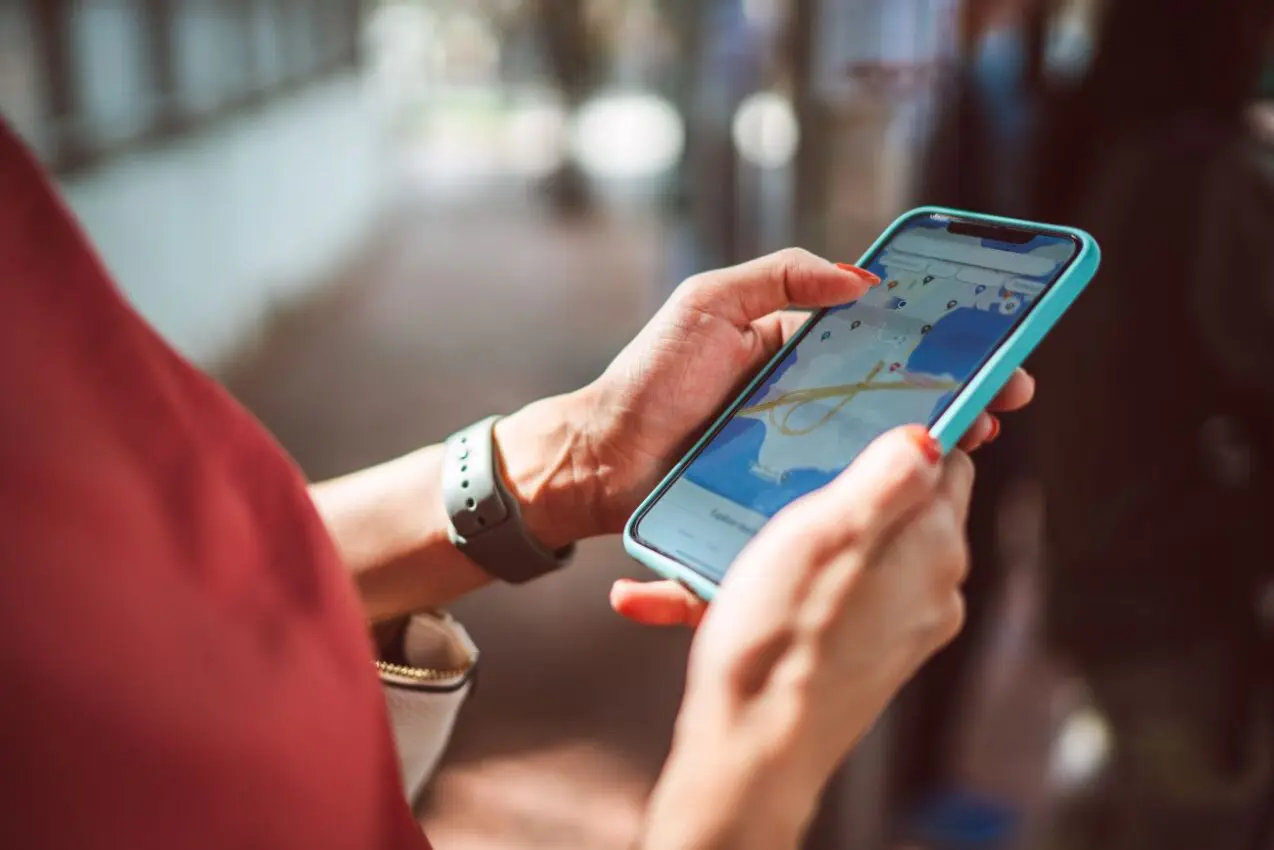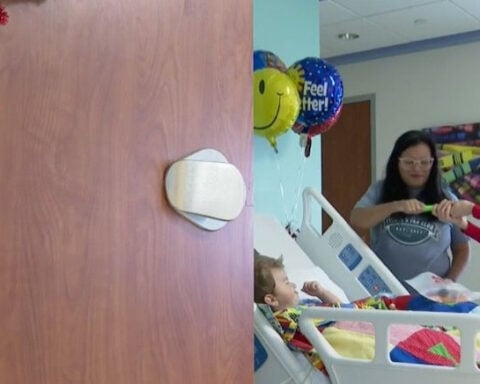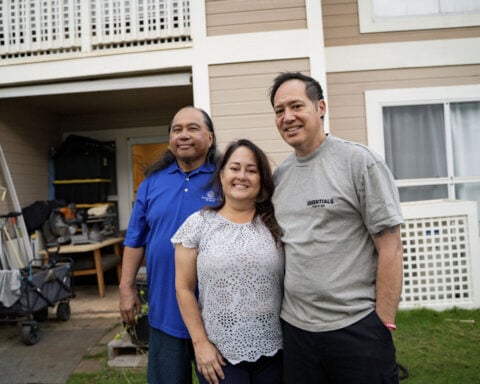In today's modern, advanced and technology-driven world, checking up on your friends and family has gotten much easier. You can just open your phone every night before going to bed and ensure their safety. Whether it's your partner, family, or friends, tracking their whereabouts is easy with an app like Apple's 'Find My'. This once-novel technology has now become a casual part of everyday relationships – a digital leash, if you will, that promises transparency but often breeds mistrust and control.
In recent years, location-sharing apps have exploded in popularity, fueled by cultural moments like Taylor Swift's song "The Black Dog," where she sings about tracking her ex after their split. These apps were initially introduced as a convenience, but for many, they've become a curse, providing far more data than people are accustomed to dealing with. Hannah, a 31-year-old from Brooklyn, inadvertently discovered her ex's whereabouts just 24 hours after their breakup, courtesy of the ‘Find My’ app. "It is information I should not have had access to," she says in retrospect.
Location monitoring is now all but expected in relationships, thanks to the myriad of apps and features that make it easy to constantly signal your availability or whereabouts in real time. Whether it's Life360, Snap Map, or Instagram's green "active" dot, users often unknowingly share their locations. 31-year-old Carlotta talks about how her ex-boyfriend was oblivious to the fact that he had accidentally turned on his location services, which let her catch him cheating.
The best way for iPhone users to share their location is with 'Find My Friends' which is now part of the ‘Find My’ app. Since its release in 2011, ‘Find My’ has become a one-stop shop for all of its users' tracking needs and has been built into all new iPhones since 2015. Even when not actively checking, users may receive alerts when someone they're tracking is nearby, as the author experienced with their boyfriend's AirPods.
This technology has fundamentally changed relationships, eliminating the need to ask for ETAs or check availability. What was once associated with intelligence agencies and covert criminals has become a casual part of familial, romantic, and platonic relationships, turning many with formerly healthy boundaries into lurkers in the process. Lauren, a 29-year-old from New York, shares her story to Bustle about how her mother's well-intentioned request to share locations quickly devolved into a panicked search after finding her at a "rando's apartment in Manhattan."
Sharing locations in a relationship is akin to putting your cards on the table, ostensibly assuring both parties that cheating is off the table under the watchful eye of ‘Find My’. According to the platform, as Vanessa, a 35-year-old from France, discovered, the app can't actually ensure fidelity. Her mother used ‘Find My’ to rekindle a 12-year affair following a three-year break, unbeknownst to her father.
Cheating partners getting caught on ‘Find My’ is now almost cliché, but an over-awareness of location-sharing means others are just getting caught subverting it. Mandi Awadis, 34, from California, found out her boyfriend of two years was bringing other women to his workplace, despite never seeing him go anywhere suspicious on ‘Find My’.
While there's a certain sheepishness that comes with calling a partner out after reading their text messages, there's no such bashfulness with location-sharing, since both parties have presumably agreed to be monitored. However, the surveiller isn't always in the right. The act of checking up on friends' locations treads a fine line between caring and controlling, and just because the apps have become normalized doesn't mean the behavior itself is normal. Instead, it's technology preying on human beings' worst impulses.
Israa Nasir, an author and psychotherapist, tells the outlet that she is against romantic partnerships. She advocates for transparency through communication, not surveillance, and says that if you need location-share to feel at peace, that's a bad sign. "That always indicates a level of insecurity that I'm bringing into the relationship," she says.
While the author still enjoys checking on their Sims (friends and family) each night, constant awareness of their locations has revealed their banality. The author and a friend recently checked in on their boyfriends during a bachelor weekend, hoping to catch them in an illicit spot, only to find their dots at CVS. Location-sharing promises constant visibility, but most times, there's simply nothing to see.
In conclusion, phone tracking apps like 'Find My' have become a double-edged sword in relationships. At first, they were meant to be helpful, but now they're seen as a source of mistrust, control, and private invasion. As these apps become more popular, it's important to find a balance between openness and healthy limits. If we don't, we could turn into a society of digital snoops who watch our loved ones' every move all the time.

 Looting cripples food supply in Gaza despite Israeli pledge to tackle gangs, sources say
Looting cripples food supply in Gaza despite Israeli pledge to tackle gangs, sources say
 American Airlines lifts ground stop after unspecified technical issue
American Airlines lifts ground stop after unspecified technical issue
 A blast at a Turkish ammunition factory kills at least 12 people
A blast at a Turkish ammunition factory kills at least 12 people
 India's legendary filmmaker Shyam Benegal dies at age 90
India's legendary filmmaker Shyam Benegal dies at age 90
 How to track Santa Claus around the world with NORAD’s flight tracker
How to track Santa Claus around the world with NORAD’s flight tracker
 No. 23 Michigan heads out west for matchup with No. 4 USC to tipoff Big Ten play
No. 23 Michigan heads out west for matchup with No. 4 USC to tipoff Big Ten play








